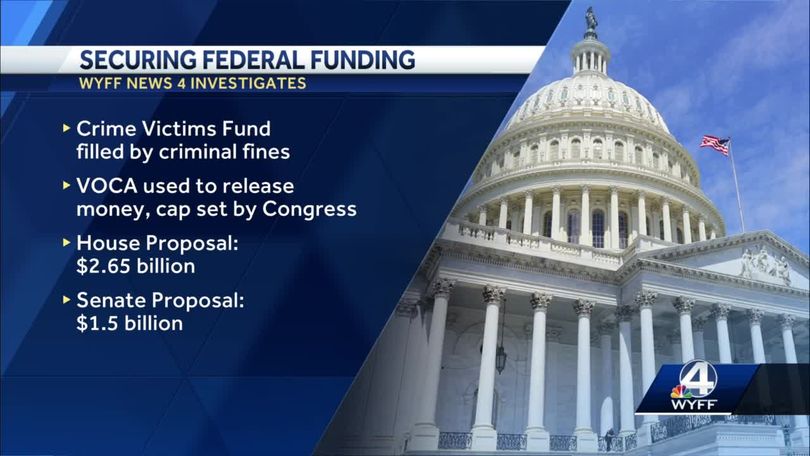Funding Crisis Threatens Vital Victim Services in South Carolina
Attorney General Urges Action as State Legislature Falls Short on Funding Proposal
According to WIS10 as federal funding for crime victim services in South Carolina faces a daunting 40% reduction concerns are rapidly mounting among advocates dedicated to supporting those affected by crime. Organizations like the Crime Victims Council are sounding the alarm highlighting the impending limitations on crucial assistance services. These services encompass essential aspects such as legal aid for navigating the complex justice system counseling to address the trauma experienced by victims and even funeral resources to help families cope with the aftermath of loss. The significant decrease in funding from the Victims of Crimes Act (VOCA) underscores the urgent need for action from the state’s General Assembly to fill the looming financial gap.
Attorney General Alan Wilson’s urgent plea for a $15 million allocation from the upcoming fiscal budget speaks volumes about the severity of the situation. However despite the clear need the proposed solutions from both the S.C. Senate and House fall short of this crucial funding target. This shortfall leaves victim advocates deeply concerned about the future of assistance programs for those impacted by crime across the state. The disparity between the requested funding and what is being proposed by policymakers amplifies the sense of urgency surrounding the issue.
READ ALSO: ‘Landspout’ weather phenomenon spotted in Lexington County

40% Funding Cut Looms Over South Carolina’s Crime Victim Services, Raising Alarm Among Advocates!(PHOTO: WYFF)
Victim Advocates and Law Enforcement Unite in Urgent Plea for Sustained Funding
The human dimension of the funding crisis is vividly portrayed through the voices of individuals like Autumn Furniss a crime victim’s advocate and Sheriff Leon Lott. Their testimonials underscore the profound impact that inadequate funding can have on the lives of those directly affected by crime. Furniss articulates the struggle faced by victims in accessing essential support services like counseling, highlighting the dire consequences of underfunding on their recovery journey. Sheriff Lott echoes these sentiments emphasizing that behind the financial figures are real people whose lives and well-being hang in the balance.
As the deadline approaches after Oct. 1, the fate of 93 state and local agencies dedicated to supporting crime victims remains uncertain. These agencies which play a vital role in providing critical assistance and resources are anxiously awaiting decisions from policymakers. The narrative underscores the urgent need for sustained funding to ensure that the rights and support systems crucial for the recovery and well-being of crime victims are upheld. Without adequate funding the ability of these agencies to fulfill their mission of assisting and advocating for victims will be severely compromised leaving countless individuals without the support they desperately need.

















































